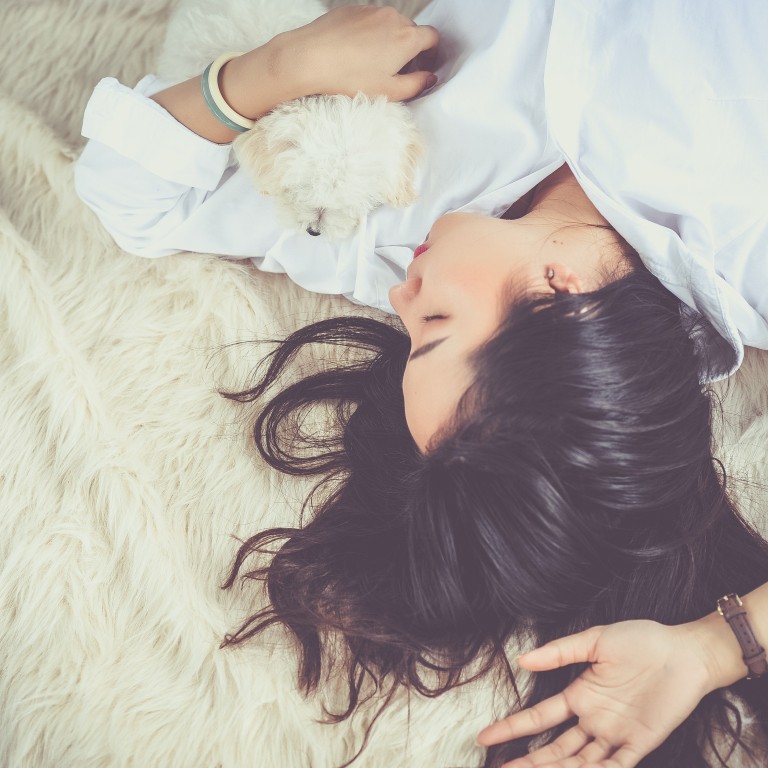Can’t sleep? Maybe understanding your circadian rhythm will help you get a good night’s rest

Our bodies run on circadian rhythms, and how much light we see, how we eat and where we go all affect our sleep patterns
Most of us aren’t getting enough sleep, and that’s largely thanks to our 24/7, screen-addicted lifestyles. Of course, there is an entire industry built around fixing this problem. There are hundreds of apps, devices and products purporting to help us sleep better, but few of these address the real issue. According to the Global Wellness Summit’s 10 Wellness Trends for 2020, the focus of sleep has shifted towards circadian health and its optimisation, not only for sleep but for all the brain and body systems that are controlled by the circadian clock. Our bodies run on circadian rhythms; if we follow these natural cycles, we sleep at night to put our bodies into recovery mode and are awake and alert during the day. But just what are circadian rhythms and how do they affect us?
What is a circadian rhythm?
These are physical, mental, and behavioural processes that occur on a daily cycle. Although they’re controlled by the hypothalamus, they’re significantly impacted by light and darkness. By affecting us at a cellular level, these cycles affect how we feel every day. Sleep, of course, is the most obvious expression of a circadian rhythm. But circadian rhythms affect nearly every organ in the body, from our skin and hair to our liver and intestines.

Our bodies are at their best when they’re allowed to naturally follow these cycles. Anything that disrupts our circadian rhythms – such as staying up late or experiencing jet lag – can throw us off. We thrive on regular daily schedules, whether that’s eating or sleeping and waking at the same time. That’s because our bodies can’t handle too much at once. Each bodily process works best at a certain time – by cycling through different states each day, we give our bodies time to rest and reset.
How are circadian rhythms related to sleep?
These cycles determine our sleep patterns by controlling the production of the sleep hormone, melatonin; we produce more melatonin at night to help us fall asleep. Light from devices such as smartphones interfere with the process. But this is just one factor in the sleep equation.
Light
Because melatonin is controlled by light exposure, how much light you are exposed to each day will affect your sleep. Ideally, we would only be exposed to light when the sun’s out and have complete darkness at night. That’s not practical, but you can try to mimic this by:
- disconnecting from electronic devices an hour before going to sleep;
- sleeping with blackout curtains or eyeshades;